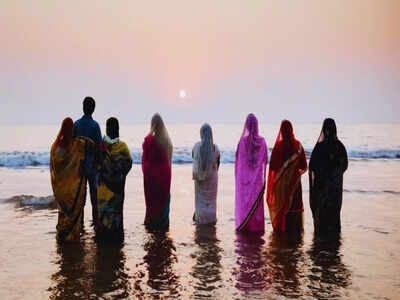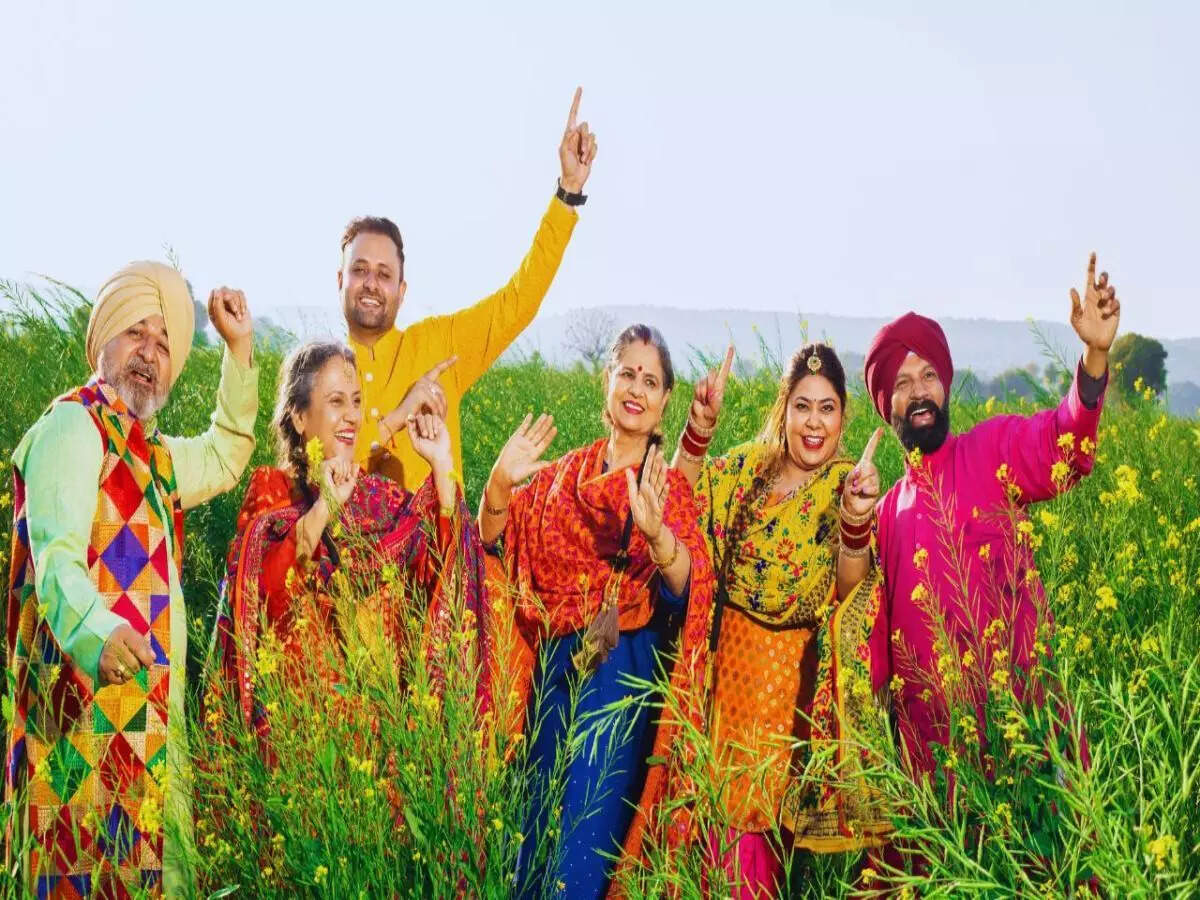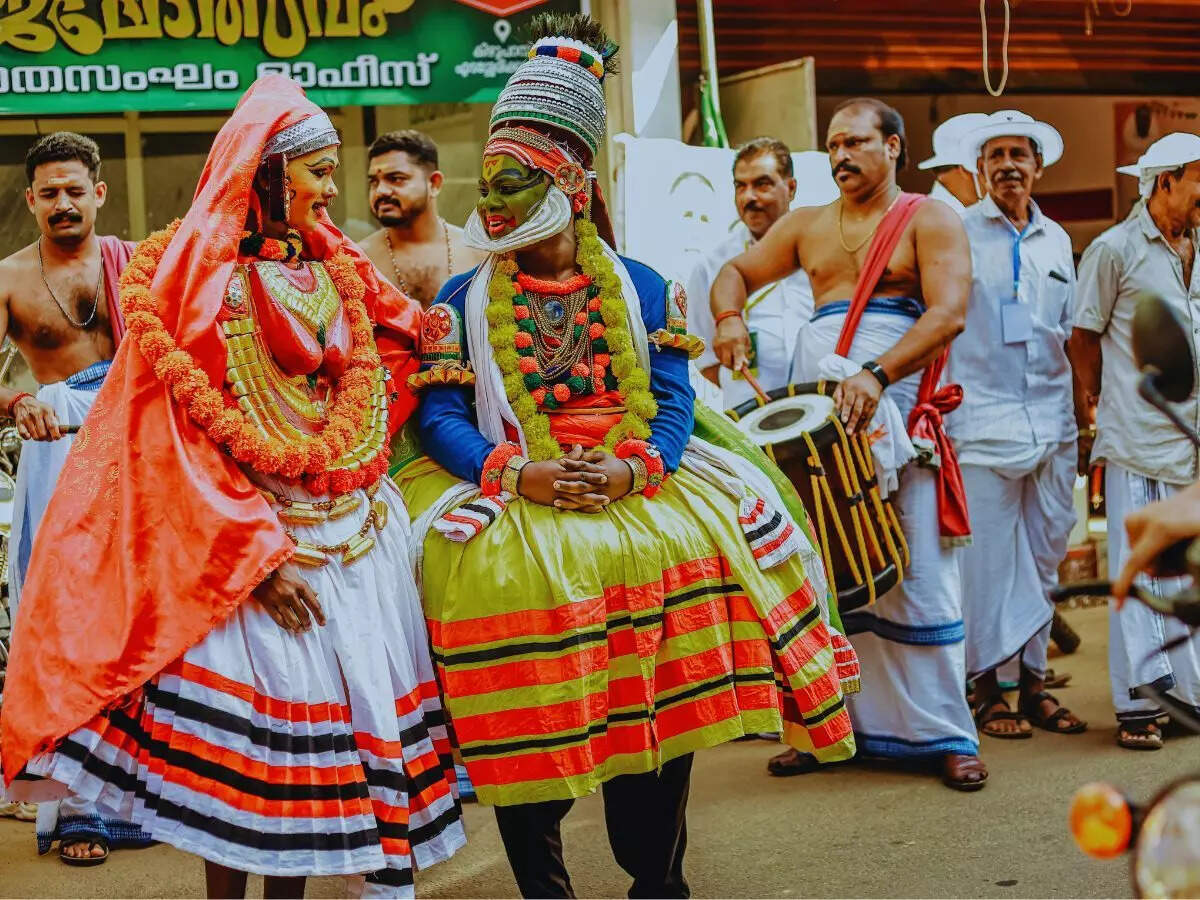ARTICLE AD BOX

India is the land of many festivals; from rivers and sun to seasons to crop, the country celebrates nature like no other. While Ponal is a four-day harvest festival, Baisakhi in Punjab celebrates agriculture and farm animals.
Chhath Puja is the only festival where people pray to the setting Sun and Rongali Bihu in Assam also celebrates nature.On this note, here are five Indian festivals that explicitly celebrate nature, their rituals and the deeper meaning they carry.Chhath Puja (Bihar, Uttar Pradesh, Jharkhand)Chhath Puja is one of the most revered festivals celebrated in India. It is also among the most nature-centric festivals, dedicated to Surya (the Sun God) and Chhathi Maiya (the goddess believed to protect children and grant fertility).
Devotees during this time fast rigorously. A traditional prasad is prepared and devotees gather at riverbanks or ponds to offer arghya (prayers) to the setting and rising sun. People who observe fast keep standing waist-deep in water and pray.
Pongal/Makar Sankranti (Tamil Nadu & pan-India)Pongal is a four-day harvest festival that is celebrated in Tamil Nadu and Makar Sankranti is its northern cousin. During this time, people pay their gratitude to the sun and the land.
People cook the first rice of the season in earthen pots, decorate their houses and celebrate the day. Kite-flying is another ritual that is organised in several regions. Baisakhi (Punjab)

Baisakhi is observed every year in April. It is also the Sikh New Year. The day celebrates the harvest and people enjoy giddha and bhangra traditional dances in mustard-yellow fields. Community langars (meals) and fairs are also organised sharing the season’s bounty.
For many farmers, Baisakhi is when new crops are sown or harvested. The festival binds community joy with the pulse of the land.Rongali Bihu (Assam)Rongali Bihu is the announcement of spring in Assam. The festival celebrates the start of the agricultural year and villagers clean their houses. The bamboo fences are painted and the air is filled with drums (dhol), flutes and folk songs. Traditional meals use fresh greens and newly harvested rice, while dancers perform in open fields wearing floral garlands.
Rongali Bihu is less temple-focused and more ecological.Vasant Panchami/Saraswati Puja (North India & beyond)Vasant Panchami is celebrated in late January or February. This marks the onset of spring season. Fields and mustard blooms turn the countryside a brilliant yellow; people wear yellow clothes and offer yellow flowers, symbolising the season’s brightness and new life. Communities hold kite-flying events, and children are introduced to learning amidst outdoor rituals.Onam (Kerala)

Onam is a ten-day homecoming festival of Kerala. Central to Onam are floral carpets (pookalam) laid outside homes using seasonal blooms; elaborate boat races (vallamkali) on backwaters that highlight Kerala’s riverine ecology; and the Onasadya, a lavish vegetarian feast of seasonal dishes served on banana leaves.



.png)
.png)
.png)
















 1 hour ago
5
1 hour ago
5









 English (US) ·
English (US) ·